8 Amazing Facts About the Black Sea
The Black Sea, also known as the Euxine Sea, is one of the major water bodies and a famous inland sea in the world. This marginal sea of the Atlantic Ocean, located between Eastern Europe and Western Asia, has become legendary for a long period of time.
The Black Sea has been popular not just because of its name, which denotes a rather inhospitable nature, but also due to several surprisingly unusual features.
For a long time, it has been called an inhospitable sea, and the lack of hospitality of this body of water was attributed to the difficulty in navigation.
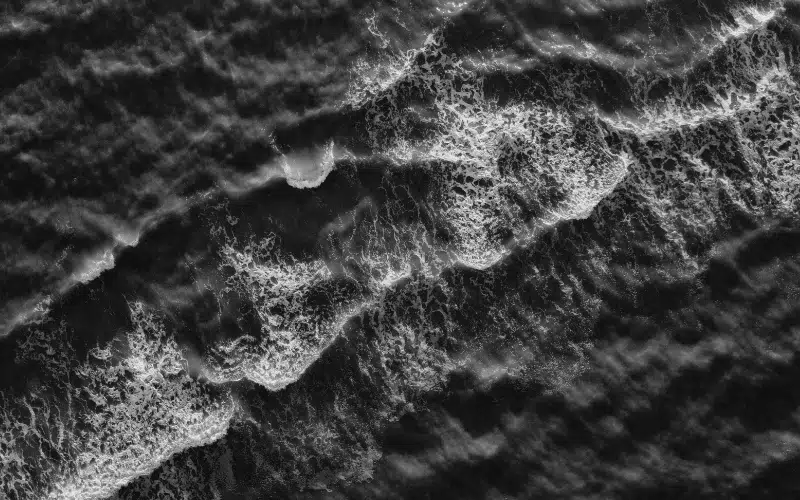
Ancient mariners regarded the Black Sea as a difficult body of water to navigate since savage tribes inhabited its shores.
In addition, the anoxic nature of the Black Seawater, due to which the process of decomposition is slow in the lower water layers, has also resulted in several scary rumours, making the sea infamous.
However, as time passed, the image of the Black Sea as one of the most challenging water bodies to navigate has changed.
As home to the rich and beautiful collection of flora and fauna and more than ten small islands, the Black Sea has now emerged as one of the most popular tourist attractions in the world.
Besides this, there are a lot of interesting facts that make the Black Sea an attraction to marine enthusiasts. Here are eight facts about the black sea that you will find fascinating.
1. Geography and Location: Where is the Black Sea located?
Spread across an area of 436,400 km2, the Black is located in Eurasia, surrounded by Europe, Caucasus and Anatolia. The countries that share a border with the Black Sea include Romania, Turkey, Bulgaria, Ukraine, Russia, and Georgia.
This body of water is also surrounded by the Pontic, Caucasus, and Crimean Mountains in the south, east and north, respectively. The Strandzha mountains also constrain it to the southwest and Dobrogea Plateau to the northwest.
With a maximum depth of 2,212 m, this inland sea is a meeting point for many rivers such as the Danube, Southern Bug, Dnieper, Rioni and Dniester.
,The Black Sea connects with the Mediterranean Sea through the Bosporus Strait and then through the Sea of Marmara and the Dardanelles Strait. The Black Sea links with the Aegean Sea and the Sea of Crete before meeting the Mediterranean.
2. The Name: Why is the Black Sea called the Black sea?
One of the best and little-known Black Sea is the origin of its name, which remains unclear. There are various theories about how this sea got to be called by this particular name.
Theories suggest that before being called the Black Sea, the body of water was called an ‘‘inhospitable Sea,’ mostly because of the presence of savage tribes on its shores.
Once the Greeks took over its shorelines, the name was changed to “hospitable.” There are references saying that the sea was called ‘the Sea’ for a long time.
However, different people have given this sea many names over the centuries. Still, this particular name is the most famous one, believed to be provided by the Turkish in medieval times.
Historical documents suggest that, during the Ottoman Empire period, the Black Sea was called names such as Bahr-e Siyah or Karadeniz, which means “the Black Sea” in Ottoman Turkish.
More hypotheses suggest several reasons behind the origin of the Black Sea’s name. According to one argument, storms during the winter make the water in the Black Sea appear black, leading the sailors to call it the Black Sea.
Another theory suggests that the objects that drown in the water get black sludge covering after a period of time. The discovery of such items across the sea may have become a reason behind its name.
3. Anoxic water: Is there any life in the Black Sea?
One of the most intriguing facts about the Black Sea is its anoxic water. Precisely, there is a significant absence of oxygen in the water.
The Black Sea is the largest water body with a meromictic basin, which means the movement of water between the lower and upper layers of the sea is a rare phenomenon to find anywhere in the world.
This makes a considerable temperature difference between these layers, making the lower layers completely free of oxygen and inactive.
At the same time, the Black sea receives freshwater from its rivers and rainfall. However, the Black Sea only witness water transfer with the Mediterranean Sea.
As the transfer occurs in the Bosphorus and Dardanelles, the inflow of dense water from the Mediterranean happens at the bottom of the basin. In contrast, Black Sea surface water’s outflow occurs near the basin’s surface.
Since shallow mixing between the two layers of the water in the Black Sea, marine life cannot survive in the anoxic zone. It is only the oxygen-rich surface waters of the Black Sea are supporting marine life.
4. Maritime History: the Landing Point of Noah’s Ark?
According to a number of marine geologists, the Black Sea was a freshwater lake around 7,000 years ago before a rise in the Mediterranean Sea caused the entry of salt water into the lake.
In line with this theory, many argue that the so-called flood represents the catastrophic flood mentioned in the Noah’s Ark story in the Bible.
The stories claim that the ark of Noha came to rest on the slopes of Mount Ararat in Turkey once the flood ended. From time to time, marine archaeologists have argued in support and against these claims.
However, due to the lack of credible scientific evidence, this particular history of the Black Sea remains a topic of debate.
5. Steady water level: What does swimming in the Dead Sea feel like?
The water level in the Black Sea remains the same all the time because of the absence of any high or low tides. This gives the sea no fluctuation in the water level, keeping it a calm, quiet and serene sea on the surface.
Interestingly, due to all these rare features of the water in the Black Sea, many wonder whether it is possible to swim in the sea.
Swimming in the Black Sea is possible with a clean freshwater surface, though it offers a different experience from other water bodies.
With its strange features, including the high level of minerals and salt, usually, the objects tend to float on the water.
6. Exotic Smaller islands: Terrifying snake islands?
The Black Sea is home to about ten small islands, which are a fantastic store of fauna and flora that make this sea even more unique.
These islands- mostly belonging to countries such as Bulgaria, Ukraine, Turkey and Romania- also include Snake Island, which is located near the Danube Delta. St. Thomas Island in Bulgaria is also infamous for the presence of fish-eating Grey Water Snakes in the island’s waters.
Other notable islands in the Black Sea include St Anastasia (Bulgaria), Berezan and Giresun (Turkey), St Cyricus (Bulgaria) and Dzharylgach (Ukraine) etc.
Most importantly, these islands in the Black Sea have become significant tourist attractions, playing an essential role in their countries’ economies.
7. Creepy Rumors: The dead lies beneath the water?
What seems like an intriguing and almost scary fact is that the dead are believed to persist in the waters of the Black Sea. Remains of ships and humans and other decomposable materials like ropes, wood etc. can still be found at the seabed, hundreds of years after they enter the waters of the Black Sea.
As thrilling as this fact sounds, the scientific explanation is that due to the anoxic nature of this sea’s lower water layers, the decomposition process is negligibly slow. Hence, the persistence of remains of the dead inside the sea’s water.
Unfortunately, this phenomenon has led to many rumours about the black sea.
8. Tourist attraction: a Favourite destination for cruises?
Despite all the mystery linked to the Black Sea, the fact remains that this inland body of water happens to be a major holiday destination all year round.
With high mountains and beautiful coasts, the countries on the shores of the Black Sea have become home to marine and travel enthusiasts.
In addition to its beauty, the historical and archaeological importance of the Black Sea has also welcomed many cruise ships every year to the region.
Frequently Asked Questions
1. What is the Black Sea famous for?
An exciting feature of the sea is that oxygen is dissolved only in the upper levels. Below 70 to 100 metres, at the centre of the sea and 100 to 150 metres near its edges, there is no oxygen.
2. Is the Black Sea poisonous?
One should remember that water layers lower than 150 metres of the Black sea contain 92 per cent of hydrogen sulphide, a toxic and poisonous gas. The sea is connected to the ocean only by the Turkish Straits system.
3. Why is the Black sea so dark?
From the perspective of sailors and mariners, severe storms rise in the water body during winters, making its waters appear almost as dark as Black.
4. What are the commercial fisheries of the Black sea?
One of the most popular fish of the Black sea is the black sea bass, a member of the Grouper family. Known as opportunistic feeders, these fish enjoy crab, shrimp and clams. Many people in coastal cities find it the tastiest fish on the Black sea.
5. Why is the Black Sea essential to NATO?
The Black sea serves as a barrier for NATO to counter Russia, defend against Iran and also counter China. It has vast economic potential because it links Europe with Asia.
You might also like to read:
- 10 Amazing Facts About The Aral Sea
- 10 Gulf Of Aden Facts You Must Know
- 10 Caspian Sea Facts You Must Know
- 10 Gulf Of Mexico Facts You Must Know
- 10 Interesting Facts About The Straits Of Gibraltar
- 10 Facts About Northwest Passage
Do you have info to share with us ? Suggest a correction
Latest Maritime Knowledge Articles You Would Like:
Subscribe To Our Newsletters
By subscribing, you agree to our Privacy Policy and may receive occasional deal communications; you can unsubscribe anytime.



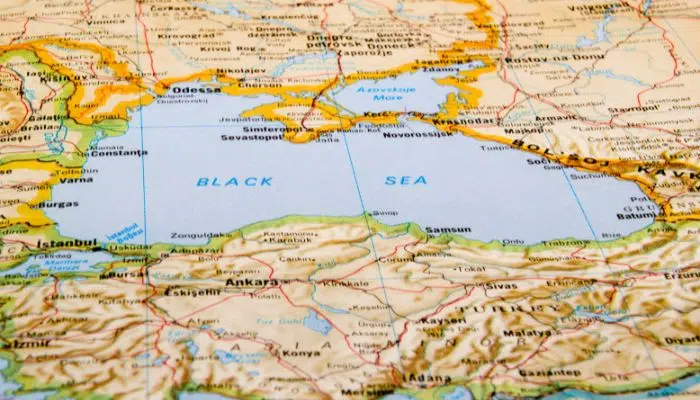
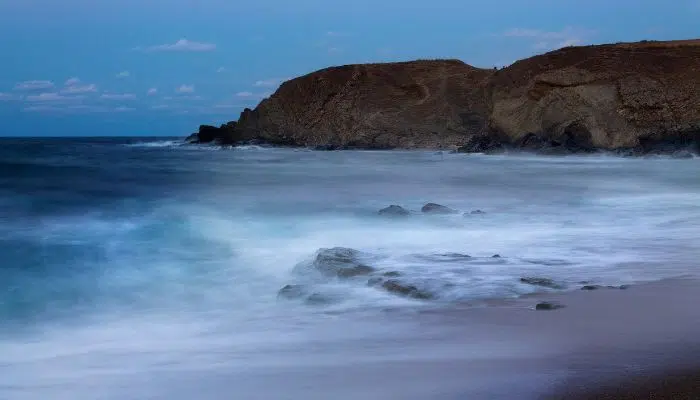
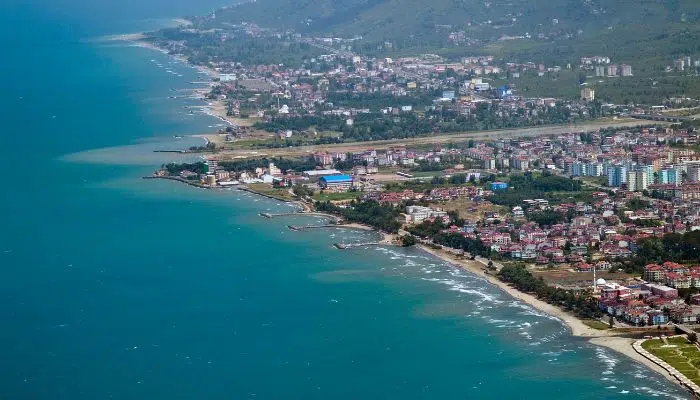
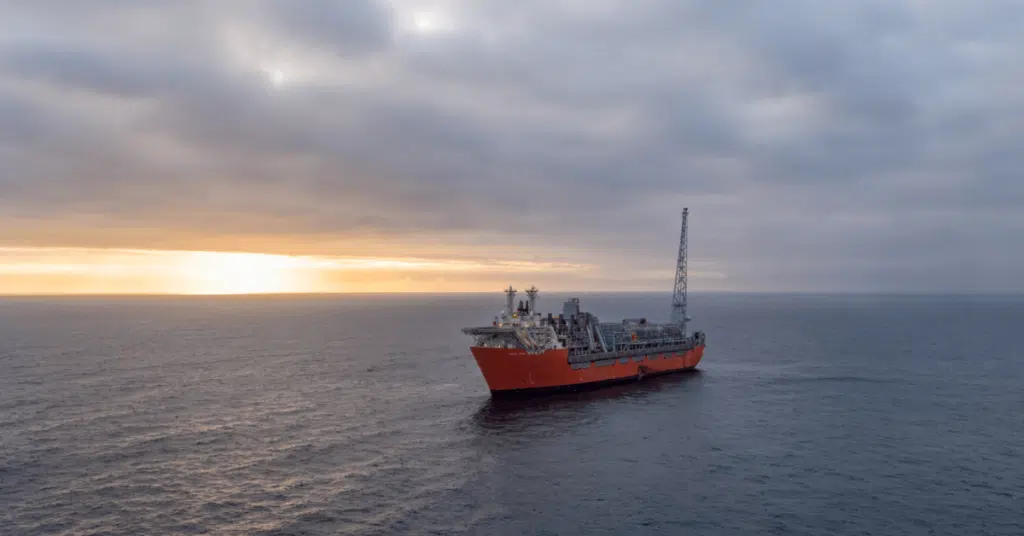
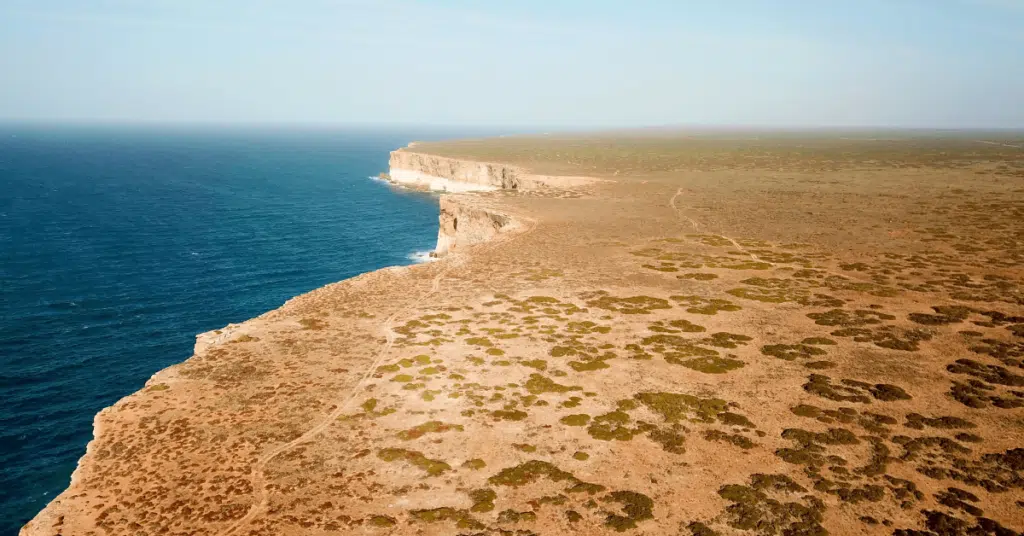
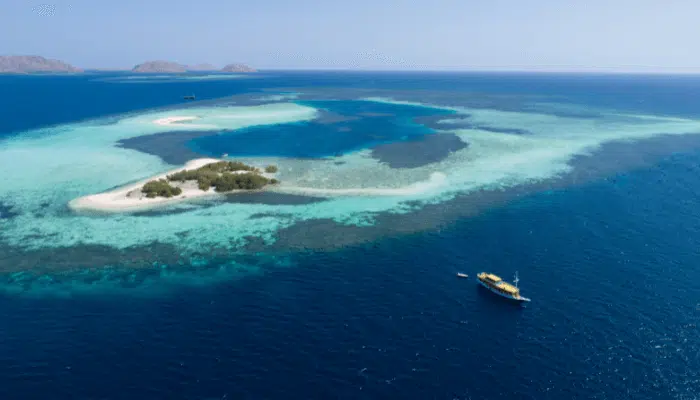
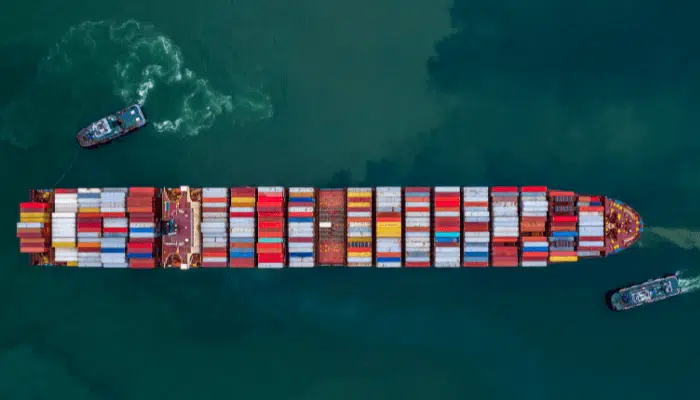
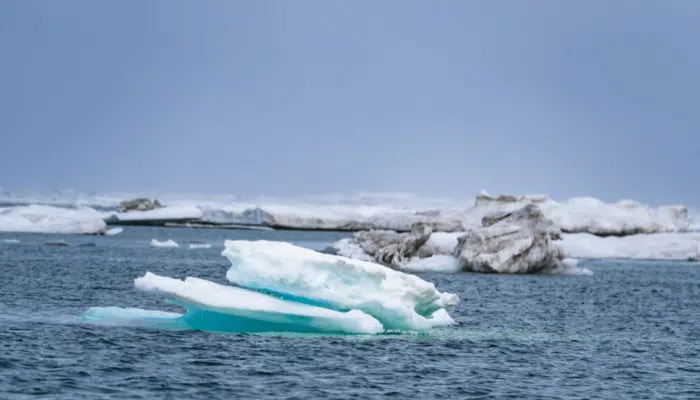
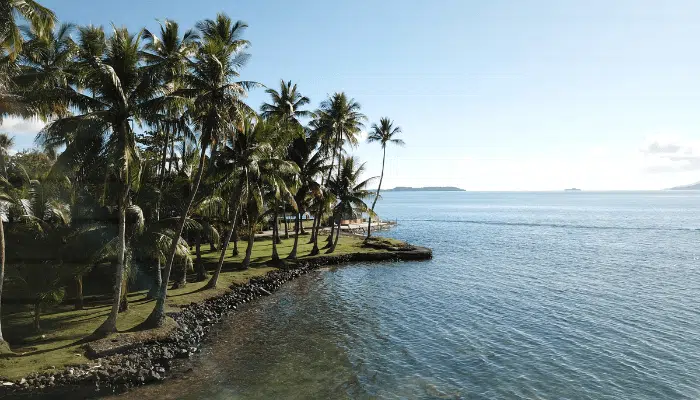


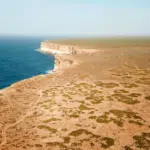
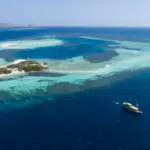

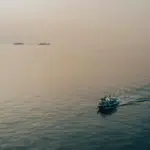
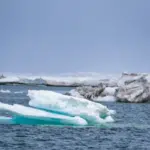
love it
cool
I have visited the Black Sea (Simferopol, Yalta and others in Ukraine) so I was interested in this article. However I was let down as the heading states, ‘8 Amazing Facts about the Black Sea,’ yet the author claims, ‘We enumerate 10 of the most important facts..’ If the author is so clever then how come there is difficulty differentiating between 8 and 10?
Still, I have to say I enjoyed learning some new facts.
I have another explanation as to why the Black Sea is called the Black Sea: many years ago, before Russia became a communist country and was goverend by a tsar, the Russian navy would send ship out into the sea and when the ships were anchored, the anchor would go into the depth of the ocean and when the anchor was brought back, it was a very black color even though the anchor was a different color prior to being put into the water. I do not exactly know why this happens but it could be because of the black sediment or the unoxigenated water.
natsi
🙂
hey guys im amazing
It’s amazing, one day i’ll visit there
Amazzing! I got a lot of facts about it
it is called black because black was synonymous to north and red to south in ancient Babylon. Black Sea meaning Northern Sea.
This was really helpful.
That’s very informative. 😀
Thanks
You switched from Black Sea to Dead Sea when discussing saline density and what it’s like to swim in it.
Totally wrong body of water!
Whoops! 🙂
this was a great website I will tell you my grade when they are handed back
???? Best of luck
Instead of reading this, just get a plane ticket and visit Batumi, Georgia. Check out that Black Sea in person, have tons of fun, wine and sun while vacationing there. Cheers
Looks very interesting indeed
Sick facts, bro!
As Steve said, you confused the Dead Sea with the Black Sea when talking about salinity in item 5. I’d like to add that the two bodies of water couldn’t be more different in many respects, but regarding salinity in particular, the Dead Sea is hypersaline, whereas the Black Sea surface water is LESS saline than the oceans, with parts of it (such as the Sea of Azov and surrounding areas) being merely brackish.
It’s black see because it’s the dirties and most polluted see in Europe! It’s raw sewage.
Yes, please correct what you said about its salinity, you were referring to Dead Sea, not Black Sea! I am half greek half Ukrainian and have swum in both Black sea and Greece. Black sea is waaay less salty than in greek islands.
I like trinity bowen in lubbock
COOL
Ayos!
The Death See is not the Black See??
I hope i could go to the caspian see; thx
So… just to be clear:
You are providing facts abour the Black sea. Correct?
Do you make a difference between Dead sea and Black sea. Dead sea is actually a lake with salinity of 34.2 PERCENT, Black see on the other hand has silinity levels of around 18 PROMILS. which is 1.8 PERCENT. Which would result in 20 times more saline and dense water.
And the final conclusion is: “No you don’t float in Black sea. Yes, you can absolutelly swim in it”
The YouTube clip you have included is from the Dead Sea which is not the same sea as The Black Sea…
You don’t really float that much in the Black Sea ..I’ve been living in a coastal town for my whole life.